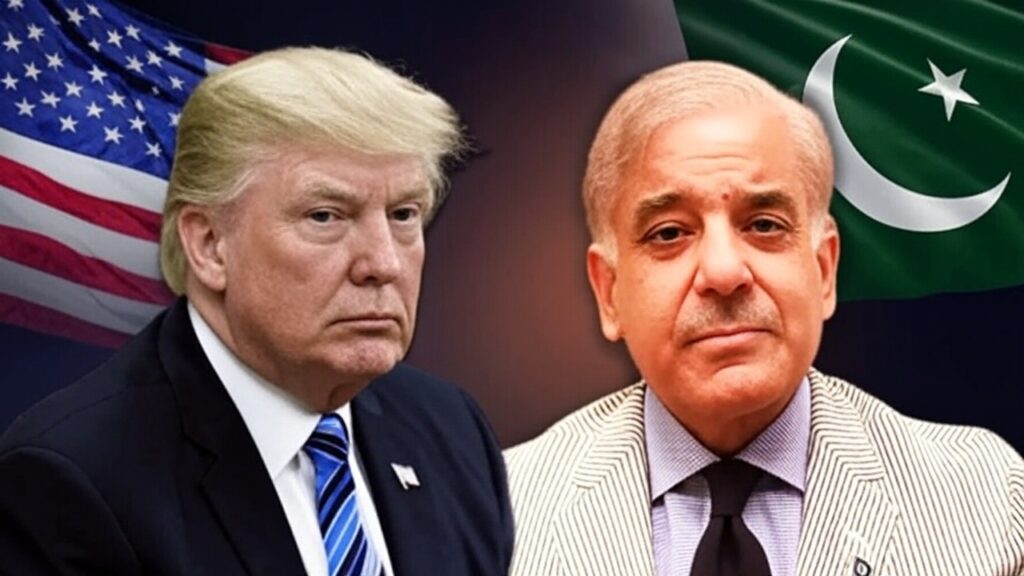Synopsis: Days after the Pahalgam terror attack, a Trump family-backed firm signed a cryptocurrency deal with Pakistan, raising questions about President Trump’s ceasefire intervention. Is this a bribe akin to Qatar’s aircraft offer? We investigate.
New Delhi: The April 22, 2025, Pahalgam attack, which killed 26 civilians, mostly tourists, in Jammu and Kashmir, escalated India-Pakistan tensions. India launched Operation Sindoor on May 7, targeting nine terror camps in Pakistan and PoK. A ceasefire was reached on May 10, with U.S. President Donald Trump claiming credit for brokering it. Days earlier, World Liberty Financial (WLF), 60% owned by Trump’s family, signed a cryptocurrency deal with Pakistan, sparking speculation about his motives.
Crypto Deal’s Suspicious Timing
World Liberty Financial, linked to Eric Trump, Donald Trump Jr., and Jared Kushner, signed a letter of intent with the Pakistan Crypto Council in late April 2025 to promote blockchain innovation. Meetings involved high-level Pakistani officials, including Prime Minister Shehbaz Sharif and General Asim Munir. The deal’s proximity to the Pahalgam attack raises questions about whether it influenced Trump’s push for a ceasefire, especially since India denied U.S. mediation, focusing solely on counterterrorism. Some sources suggest negotiations predated the attack, complicating the timeline.
Bribery Allegations and Qatar Parallels
The deal’s optics are troubling, given Trump’s expanding Middle East business ties, including a Trump-branded golf course in Qatar and a proposed Qatari aircraft donation for Air Force One. Critics argue these ventures, alongside the WLF deal, create a perception of conflict of interest. No direct evidence ties the crypto deal to Trump’s ceasefire role, but the Trump family’s significant WLF stake fuels suspicion. Investigations in India and the U.S. are examining potential ethical or legal violations, amid public outrage in India over the Pahalgam attack.
Geopolitical Context and Public Backlash
Pakistan’s strategic importance to the U.S. in counterterrorism and regional stability may explain Trump’s intervention, independent of the crypto deal. However, India’s firm rejection of U.S. mediation and its emphasis on Pakistan’s role as the “epicenter of terrorism” suggest Trump’s influence was limited. On X, Indian users express anger, accusing Trump of favoring Pakistan, with some labeling the deal as bribery. The deal’s announcement alongside an IMF loan to Pakistan further stokes speculation of coordinated Western efforts to stabilize Pakistan economically and diplomatically.
Conclusion: The Trump family’s crypto deal with Pakistan raises ethical concerns but lacks evidence of being a bribe for Trump’s ceasefire role. Investigations may provide clarity, but the deal’s timing deepens distrust, particularly in India.


